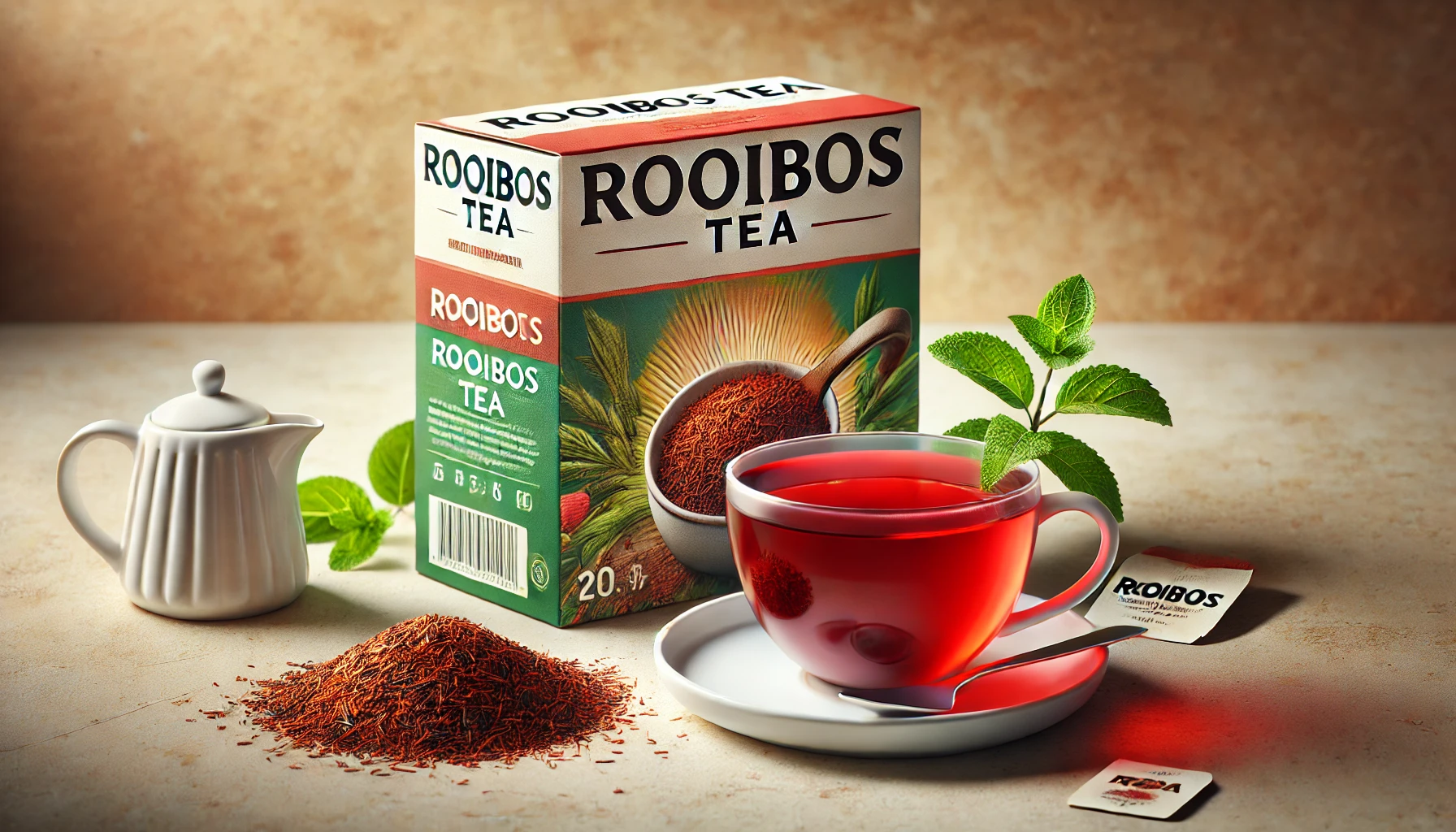Check out this answer from Consensus:
Rooibos tea offers a range of health benefits, from alleviating dryness and oxidative stress to improving cardiovascular and reproductive health. While its rehydration benefits may be comparable to water, its potential in bone health and antioxidant properties make it a valuable addition to a healthy diet. Further research is needed to fully understand the long-term effects and optimal dosages of rooibos for various health outcomes.
Rooibos (Aspalathus linearis) is a popular herbal tea known for its numerous health benefits. This article explores the various health advantages of rooibos, supported by recent scientific research.
Relief from Dryness
Rooibos extract has been shown to stimulate exocrine glands via the M3 muscarinic acetylcholine receptor (M3R), which helps alleviate dryness in the mouth, eyes, and skin. A clinical trial demonstrated that participants who consumed rooibos extract experienced increased saliva content, tear volume, and skin moisture, significantly reducing dryness symptoms1.
Antioxidant Properties
Rooibos is rich in polyphenols, which have potent antioxidant properties. Studies have shown that both unfermented (green) and fermented rooibos can delay lipid oxidation in meat products, thereby extending their shelf life2. Additionally, rooibos extract has been found to protect against diesel exhaust particle-induced oxidative stress in hepatic tissues, suggesting its potential in mitigating environmental oxidative stress3.
Cardiovascular Health
Green rooibos extract (GRT) has been found to have cardioprotective effects, particularly in obese individuals. Research on obese Wistar rats indicated that GRT supplementation alleviated several cardiovascular risk factors, including high blood pressure, impaired vasodilation, and oxidative stress4. This suggests that rooibos could be beneficial in managing obesity-induced cardiovascular diseases.
Reproductive Health
Rooibos supplementation has shown positive effects on reproductive health, particularly in aged male broiler breeders. Studies indicate that rooibos, combined with fish oil, improves semen quality, sperm motility, and viability, as well as reproductive performance5. However, excessive intake may impair sperm motility and morphology, despite increasing sperm concentration9.
Bone Health
Rooibos has also been studied for its potential benefits on bone health. In a study involving individuals with osteopenia, rooibos consumption was associated with a significant decrease in urinary CTX levels, indicating reduced bone resorption. The study also suggested that rooibos might promote osteoblast differentiation, contributing to bone health6. Additionally, in a rat model, red rooibos tea supported partial recovery of bone mineral density and structure following pregnancy and lactation10.
Hydration
While rooibos tea is often touted for its rehydration benefits, a study comparing rooibos tea, bottled water, and a carbohydrate beverage found that rooibos tea was no more effective than plain water in promoting rehydration after acute dehydration7.
Bioavailability and Antioxidant Potential
The bioavailability of rooibos flavonoids in humans has been confirmed, with metabolites of aspalathin and nothofagin detected in urine samples. However, no significant increase in plasma antioxidant capacity was observed, suggesting that the antioxidant effects of rooibos may need to be evaluated using other endpoints8.
